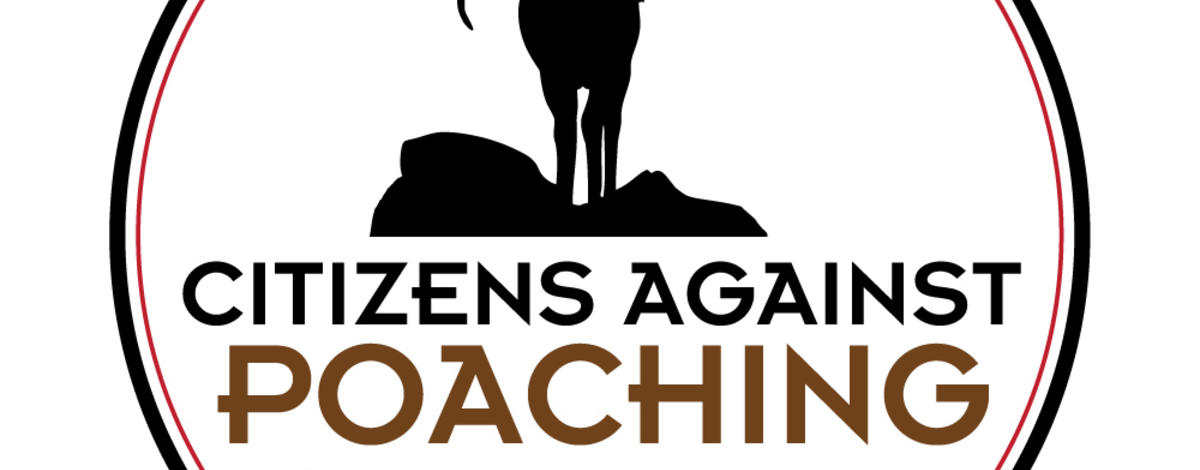When it comes to poaching Idaho’s wildlife, many concerned citizens are saying, “Enough is enough!” And they are doing something about it.
“Tips from the public are invaluable,” said Jordan Costner, Fish and Game District Conservation Officer of Salmon. “Our officers cannot be everywhere at once, so reports from the public help with many cases that may go undetected.”


